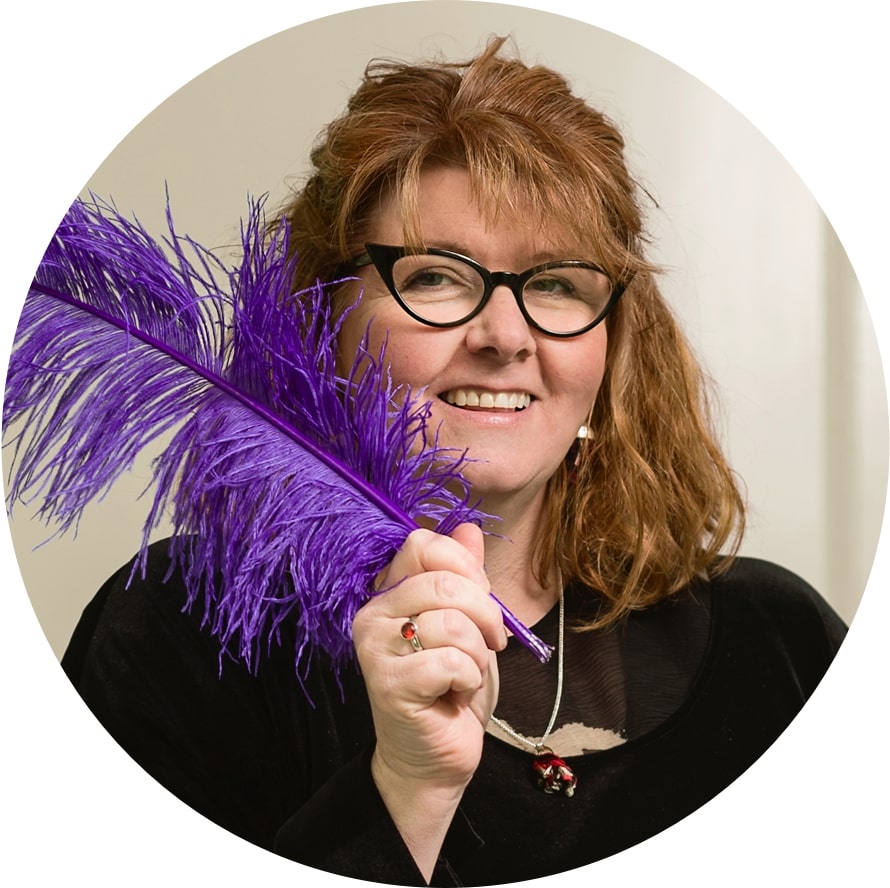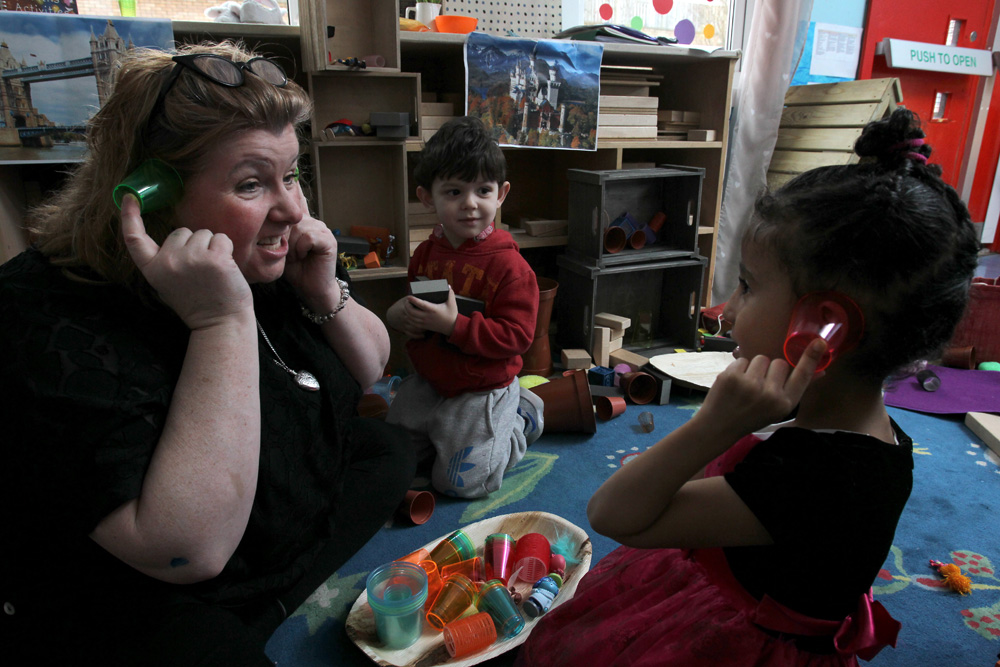Communicating through the senses


Focusing on a child’s senses will provide you with many ways to help them to develop effective communication, social and emotional skills. I am going to write a blog and give ideas for each of the 5 senses in turn over the coming weeks but for now, here’s a reminder and overview of how important each of the 5 senses are.
Hearing
Everyday life often offers a barrage of sounds. A distracting environment that has a lot of confusing sounds can hinder active listening. Listening is essential for language development, so it is important to create quiet times to talk, to listen, and to play. Balance these times with other opportunities to interact in a busy, lively, sound-filled environment. Toddlers are able to distinguish well between voices and sounds and can recognise simple tunes which are sung repeatedly by a parent or carer. As well as familiar sounds, it is important to provide children with activities which allow them to explore and experiment with new sounds. A child who is spoken to as often as possible has more vocabulary and sounds available to imitate. The development of speech is hugely aided by listening and responding to adults and siblings.
Smell
When babies enter the world, their sense of smell is perhaps more important to them than at any other point in their lives. To begin with, due to limited hearing and vision, babies rely heavily on their sense of smell to recognise their parents and carers. They use it to give themselves a better understanding of the world as they gather information about where they are and who they are with. The sense of smell is connected to the memory. A child might recognise their mother’s perfume, the smell of her bath oil, her favourite snack and flowers in the garden. Whilst introducing opportunities for children to smell, describe what you can smell too – you can help children to identify smells and relate to them in the future.
Sight
Young children look at everything around them. They love to look at bright, bold patterns; to watch the washing going around in the machine; or to simply watch you as you go about your daily tasks. Everyday jobs and experiences that we take for granted can be hugely entertaining to young children. Babies explore their world actively with their eyes, so ensure that whenever you see something of interest you call their attention to it. Help children to make the most of their visual skills by ensuring that objects of interest are placed at appropriate levels for them to enjoy. When playing together, use toys and equipment yourself as children will gain a great deal from watching you. Help them to enjoy looking at simple picture books and draw attention to the finer details on the pages.
Taste
Babies are generally weaned between the ages of 4 and 6 months, being introduced to solid foods. Introducing solids to a baby’s diet is important to her development, both physically and cognitively. As a baby progresses from lump-free food to lumpy and finger foods, she is also learning about taste, texture, the physical skills of chewing and swallowing as well as developing her hand-eye coordination skills. Offer a well-balanced diet and allow her the freedom to experiment with different feeding techniques and experiences.
Touch
Touch is one of the nicest senses to share. The touch of people close to babies can have a hugely calming and reassuring effect on them. Touch is the sense that children will use to engage with every new item, material, space and person they are introduced to. It is the sense that will lead them to investigate and discover new and exciting properties, ways to manipulate and an understanding of texture. When children are manipulating resources, their hand-eye coordination is being stimulated, their thinking skills are being developed and their sense of wonder is being promoted.
Don’t forget…
Use your own senses as you share activities and games with children – enjoy watching them grow and develop in your care, listen to their voices, and snuggle up close when you play. Have fun and focus your attention solely on them; they deserve it, and so do you!